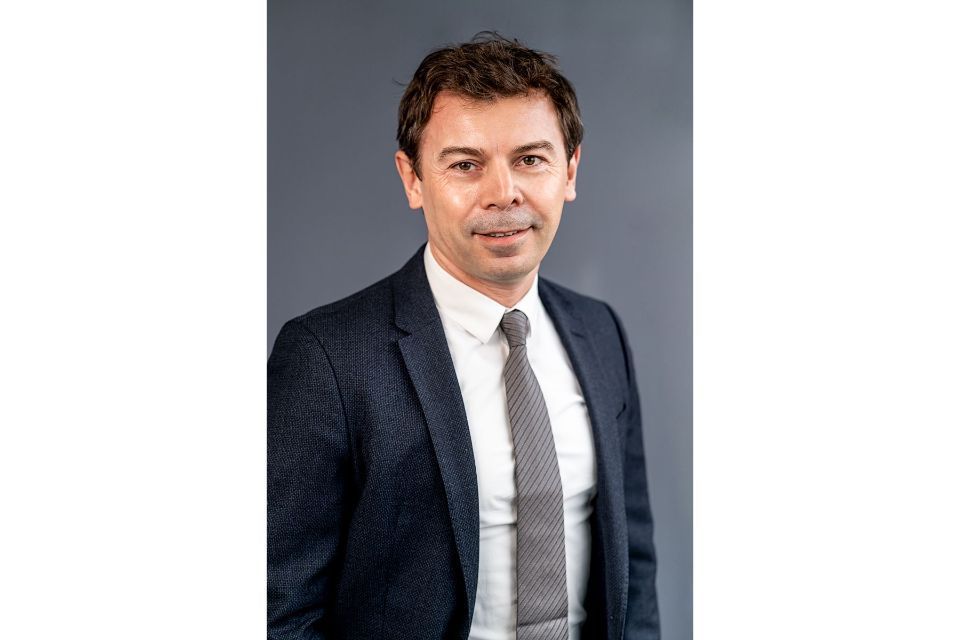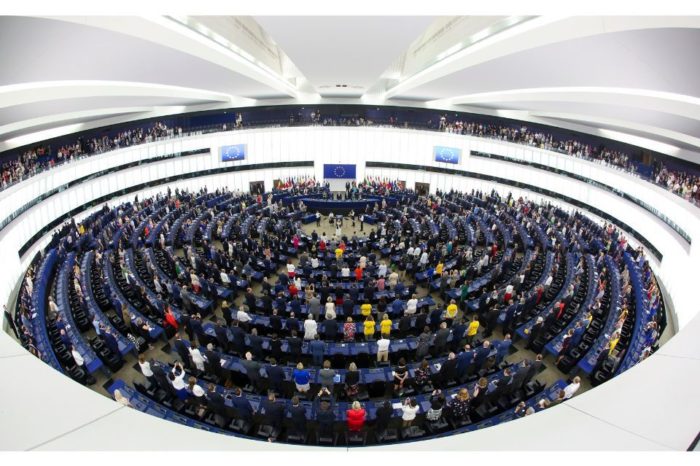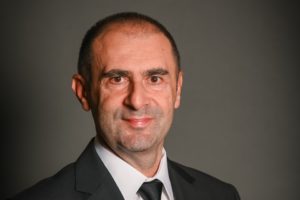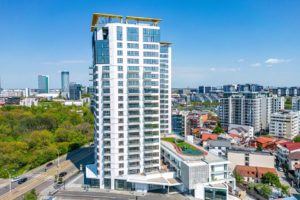INTERVIEW Kurt Weber, Horvath & Partners Consulting: “If you don’t risk, you don’t win”

With a total value of around 250 billion Euro, the global consulting sector is one of the largest and most mature markets within the professional services industry. Romania represents just a small slice of the big pizza, but its consultants are highly regarded in the region for their ambition and their quality services. The Diplomat-Bucharest talked to Kurt Weber, Managing Director, Horvath & Partners Consulting, to find out more about the company goals and its plans for the local market and the region.
How would you describe the consulting services market in 2019 and what plans do you have for 2020?
In 2019 we reached a turnover of 5 million Euro. We had an increase of 12-15% over the initial plans. Basically, we had an increase of 30%, beyond our expectations. The plan was ambitious, but we doubled the planned growth.
We see more dynamism in the energy, oil and gas, banking sectors. We also have a project with the Ministry of Education, monitoring the educational system, universities. A very interesting project, we are looking at how the measures are being implemented. We monitor the project for the World Bank, which is the ultimate client. We will provide more information on this project throughout the year.
We still have a few projects in the manufacturing and automotive area. We expect the market to be very effervescent in the energy industry, with several deals. It is a time when many companies are for sale and other companies want to buy. It is a very good dynamic and we expect more deals. Potential buyers are looking at targets. We expect that consulting will also be needed after deals completion.
A very interesting area is the one related to medicine, private health, on the acquisition side. It is an area where efficiency becomes very important, because the costs increase.
In banks we see clearly that the consolidation process will continue. Traditional banking will change, a new mobile banking channel will be created.
There are two cross industry themes that we feel are becoming more important. The first one is the digital area. The second theme is cost reduction, business transformation. We need to review how we do business, how we approach markets, how we use technology to become efficient to keep costs under control or reduce them.
How do you explain the cost cutting period in the automotive industry?
One of the reasons why the players from the auto industry came to Romania was to reduce costs, in addition to the investment itself. It’s a change in the business model. It is nothing new, but it is the moment when there is more communication in the sense of lowering costs.
Another specific thing to the auto industry is the appearance of electric cars, which changes the rules of the game. All the companies are in the moment of reviewing the business model, the plants.
The configuration of the industry will change. Romania does not have anything to lose, because the factories in Romania are very competitive and the profitability is good. Big companies make good money in Romania, it is a good market. Surely the electric car will change the rules of the game a little.
What are the problems that companies are facing nowadays?
The problem with the workforce is felt even by Horvath. Finding and keeping qualified staff is harder than ever. It is a question of quality and quantity. There are many Romanians who have left the country. Investments are braking. It is a problem that will persist in the long term: to find and keep good people.
How do you see the Romanian consulting market compared to other markets in the region?
Usually, the markets west of Romania are more mature. We observe that Romania is the same size as Hungary. We have estimated that the consulting market in Romania has a value of 250 million euros, although it is very difficult to estimate, because there is a wide range of services, IT implementations, project management in construction.
I find that the Romanian consultants are highly appreciated at the regional level. The consultants are very motivated, creative, have the necessary drive. They are not afraid of projects in other countries.
Part of the local team is constantly outside the country on other projects. They are sought and demanded for the quality of the services and due to the perception of the clients. It is an indicator that Romania is an exporter of human resources. Customer satisfaction is a fact and too little is discussed about this.
We develop the consulting business in the region, we have projects in Serbia, Croatia, Rep. Moldova. The Bucharest office is like a regional hub, it has the mandate to develop the business in the region. We were more flexible, more courageous and we took more risks. If you don’t risk, you don’t win.
What are the Horvath goals?
The main objective is to maintain the growth rate. An increase of at least 10% every year. We work with young, ambitious people who want to evolve very quickly. We need to offer medium and long term prospects for employees.
We want to extend the know-how area to the areas where we are present. We want to expand on oil & gas, manufacturing. We want to offer services on digitalization and business transformation, topics that will remain on the agenda of CEOs and managers in the coming years.
It is essential to have a diversified portfolio, both in Romania and in the markets of the region, where we want to grow. We are part of the group and we want to be a source for international project delivery.















